

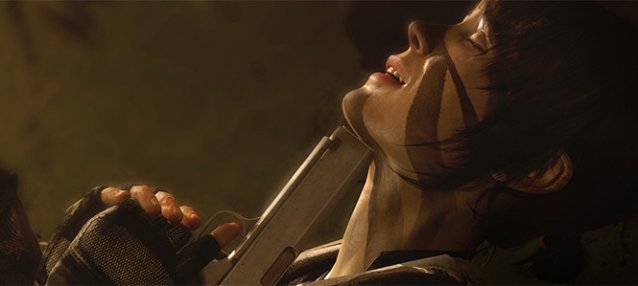
In 2010, Quantic Dream and Sony Computer Entertainment reinvented video game narrative style with their critically acclaimed title Heavy Rain, a game that tugged at the heart strings of the millions that played it. Emotionally engaging and at times uncomfortably heart wrenching, Heavy Rain, written and directed by master story-teller David Cage, gave the world affirmation that video games have the capability to tell artful, intricate, and morally complex stories with a cinematic scope. Quantic Dream’s up and coming title Beyond: Two Souls, promises to do the exact same and then some.
Games that concentrate heavily on narrative design over action, like Telltale Games’ The Walking Dead and Quantic’s Heavy Rain (while being popular titles) are still relatively scarce in the industry. Their scripts are long (Beyond’s script is well over a thousand pages) and often tricky to write. The voice acting is emotionally challenging and must be engaging in order to establish an immediate relationship with the characters. And they also are often accompanied by grueling motion-capture work, which is something that has become a staple feature of Quantic Dream titles.
In short, narrative driven games are extremely taxing to produce and often have to rely on a select audience that is willing to sacrifice shooting a gun in first-person for the sake of emotional enrichment. However, when they are produced, they are produced as art and are accompanied by meaning and depth. The difficulties behind producing a game with the scope of a full length-feature film or 500 page novel shows just how passionate Quantic Dream is about their games. And it is a passion that David Cage hopes will inspire other developers in the industry to realize the importance of narrative design in video games.
This year, Beyond: Two Souls became the first video game to ever be nominated in a film festival, receiving accolades from the 2013 Tribeca Film Festival. At the festival, Cage himself made a statistical remark on how around only 20 percent of gamers actually complete a game; however, with a story driven game like Heavy Rain, over 70 percent of gamers complete the game. Cage’s point proves that narrative design is highly influential for game play, and as we have seen in games like the Last of Us and Bioshock Infinite, it is slowly becoming more prevalent in action games. The fact that a game made it into a film festival to being with speaks volumes for the potential of merging games and film.
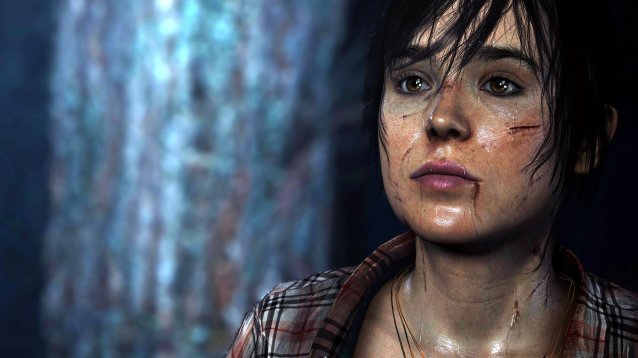
After having exclusive hands-on time with Beyond: Two Souls, I can safely say that Quantic has not lost their ability to enthrall players with their story telling. This is one of the only game demos that has ever moved me to tears….which is a pretty embarrassing reaction when you are surrounded by the game’s developers. Once it was over, I knew I had the pleasure of handling a piece of interactive art.
Spanning 15 years of Jodie Holmes’ life, Beyond: Two Souls scatters itself across vastly different settings. In previous hands-off demos we see Jodie completely homeless in an unknown city and, in the demo called Hunted, we see her in a wooded area, running from the police. At E3, we are yet again in a different location – Somalia.
While Jodie’s overall purpose for being in Somalia appears to be CIA related, it is still unclear as to what her ultimate objective is or where this event falls in the overall timeline of her life. All we know at this time is that we are on the hunt for a ruthless killer known as Jamaal.
The demo makes us hit the ground running, meeting Jodie as she engages enemies that appear to be Jamaal’s lackeys. Donning full military gear and camouflage face paint, Jodie is a refreshing face to see as a female protagonist and it is apparent that she is extremely tactical. However, she is also very out-numbered.
Luckily, Jodie is not alone in all of this; the enigmatic and extremely deadly Aiden is at her side. A super natural entity who has been attached to Jodie since her birth, Aiden is probably still one of the largest mysteries in the game. With the touch of a button we are able to switch effortlessly between controlling Aiden and Jodie, and in seconds can tactfully deal with enemies using an array of Aiden’s powers such as possession or telekinesis, which can also be used to distract enemies and allow Jodie to pass by unnoticed.
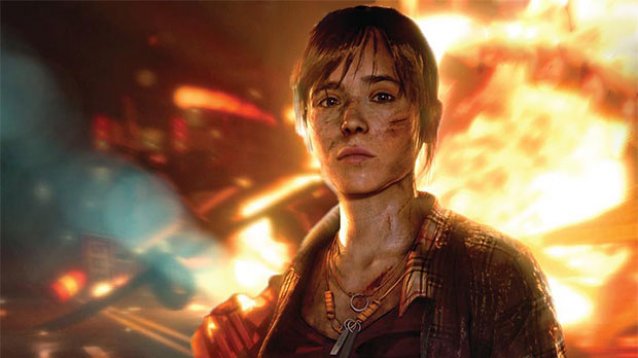
In terms of controlling each character, Aiden’s phantom-like traits give the player the ability to move him anywhere in the vicinity of Jodie, though his free-flying movement can take some time to get used to. Similar to Heavy Rain, Jodie is sometimes limited by quick time events – though from the demo this limitation proves to be less prevalent. Overall, the controls are similar to those of Heavy Rain, but are improved and more organic.
Although there still are quick time events, the game offers an innovative way to approach action sequences that avoids the need for button mashing—something that often interrupts the player’s immersion in the game. Rather than having quick time events, during an action sequence the player must use the analog stick in the direction of Jodie’s motion. This can stressful at times, but once acclimated to the controls, it becomes rather engaging. When Jodie was attempting to dodge a punch, I found myself actually moving with her and rhapsodically cheering whenever we would strike a successful blow. Beyond: Two Souls comes across as being much more action packed than Heavy Rain, focusing on stealth and strategy when out-numbered by enemies. This trait may prove to be refreshing for players who were bored with the slower play-style of Heavy Rain. However, it is important to note that is it not the controls or action sequences that make a game like Beyond: Two Souls shine, it is the immersion and the experience of the story.
Somalia is a war-torn country in Africa known for its use of child soldiers. In the demo, the sense of realism of this harsh setting shines through. The landscape is arid and lined with abandoned homes and ruins of blown-up buildings. In the background, fighting ceaselessly occurs, occasionally overlapping with Jodie's path. In addition, another character we find joining Jodie is a young boy named Salim. While we know nothing of his past, it is apparent that Salim has a strong relationship with Jodie. What is troubling about the little boy, however, is that he is carrying a large rifle and can use it effectively – he appears to be a child soldier-- a rather controversial and bold move from Quantic Dream. This demo appears to focus on political and emotional controversy with a hint of super natural, all of which can come drastically close to issues in current events in both our private and public lives, making the game all the more immersive.
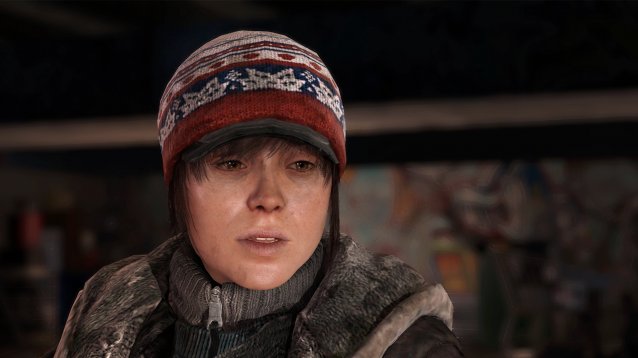
As much as I wish I could give a detailed account of the entire story found within the demo, I want players to be able to experience it firsthand, as the emotional connection created when playing this game is one of the most beautiful things about it. In a clever and poignant manner, the demo took a turn that I never saw coming, and I feel like that is not the only time in the story in which that will ensue. Cage did point out that that Beyond does offer a branching narrative with multiple endings, so perhaps the demo could turn out differently. For now, what we do know is that the game is raw and fearless in its themes, with spot-on voice acting from actors like Ellen Page and William Defoe. Ultimately, this mixture of both fantastical and realistic elements can only help to create a more immersive and emotional experience for the players.
With the interactive game play, artful narrative design, and seemingly next-gen graphics, we have ourselves a title that will awe players with an experience rarely felt but very much needed in the industry. Much of what occurs in the game is still convoluted and critics appear to be concerned that Cage’s story may be too complicated, but it is far too early to draw such judgments with a game of this genre and magnitude. In an interview from the Los Angeles Times Cage explains, "By the time you complete ‘Beyond,’ what I’m looking for is for you to have the feeling of having lived something, not played something. Lived something.” In this respect, I believe Cage has succeeded. After playing the demo, I am confident that Beyond is much more than a game, it is an experience... an experience that hopefully comes with a pre-order bonus of a box of tissues
Beyond: Two Souls is set to be released on October 8th, 2013 and will be exclusively for the Playstation 3.
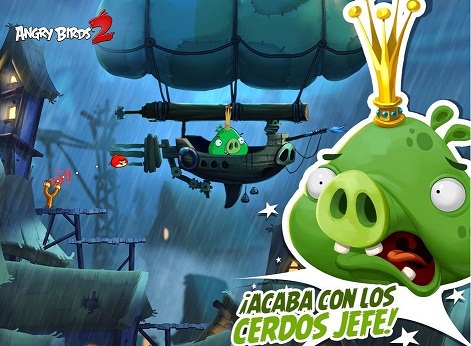
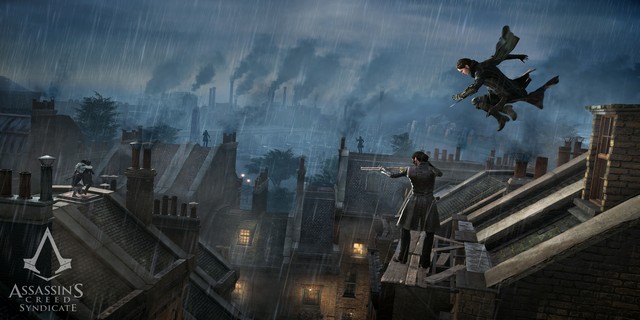
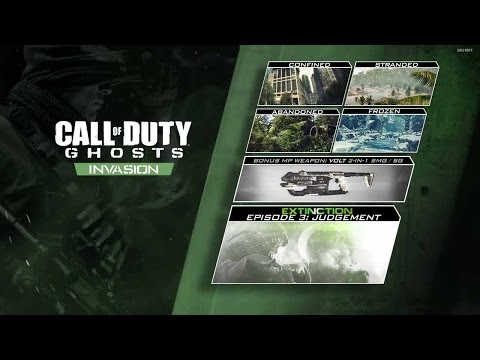
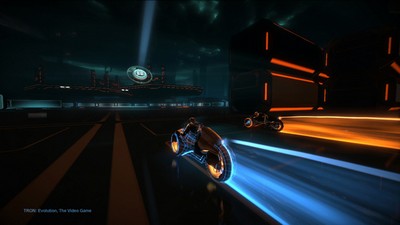
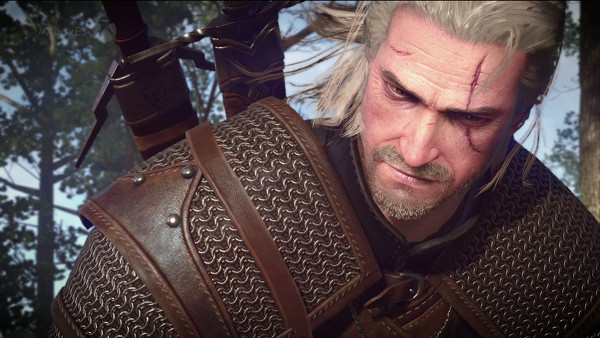 How To Re-Spec Your Character In The Witcher 3: Wild Hunt and Return All Ability Points
How To Re-Spec Your Character In The Witcher 3: Wild Hunt and Return All Ability Points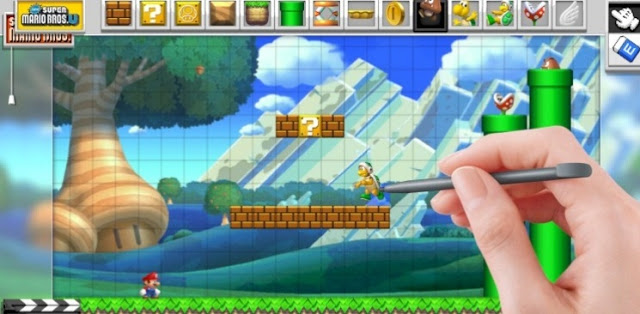 Super Mario Maker: Unlock all Editor Tools / Items quickly
Super Mario Maker: Unlock all Editor Tools / Items quickly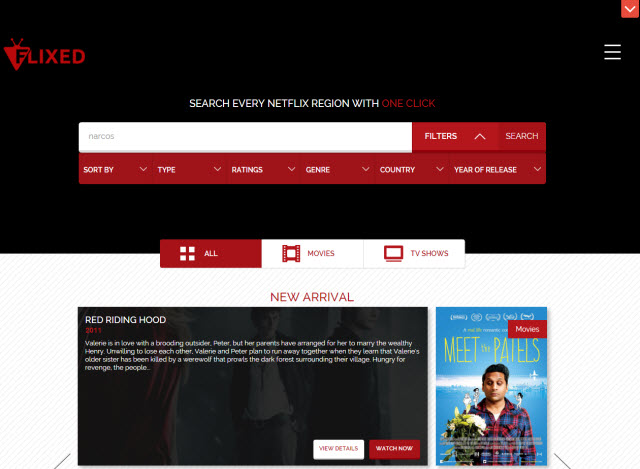 New to Netflix? These 5 Apps Make It Even Better
New to Netflix? These 5 Apps Make It Even Better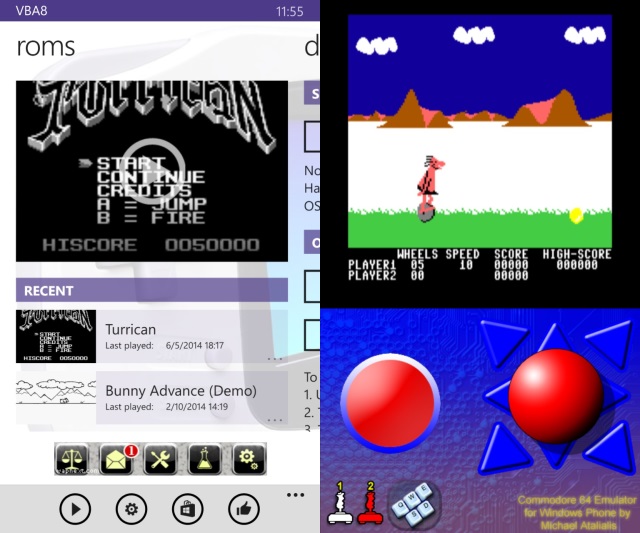 Why Touchscreen Controls Are Useless For Retro Gaming & How To Fix It
Why Touchscreen Controls Are Useless For Retro Gaming & How To Fix It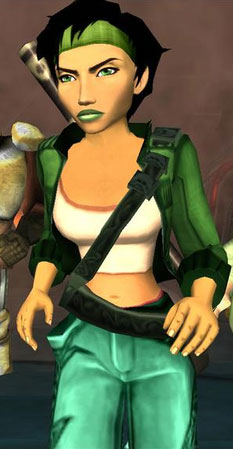 Get This to the Press!
Get This to the Press!